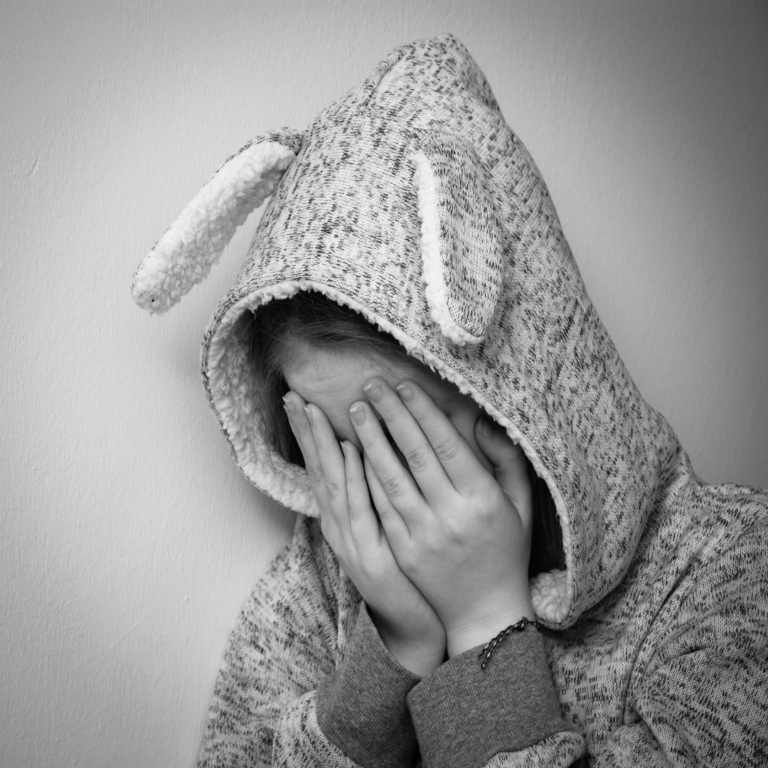
With the rapid dissemination of COVID-19 pandemic, we know everybody around the globe is thinking about this contagious virus. Residing in the animals since forever, some lethal strains of COVID-19 are now causing pneumonia like symptoms paired with cough and fever in humans.
The outbreak of this viral infection occurred in late 2019 in Wuhan, China and by now it has spread globally. The virus has caused panic all around the world. Fear of COVID-19 can take an emotional toll, especially if you’re already living with an anxiety disorder. There are many things you can do even in the face of this unique crisis to manage your anxiety and fears.
People who are excessively concerned about getting sick from various diseases have been known to suffer from Hypochondriasis. However, there is a significant difference between Illness anxiety disorder (IAD) and somatic symptom disorder (symptoms such as headaches or fatigue are thought to be prevailing because of a serious illness).
People who are diagnosed with Illness anxiety disorder (IAD) have a firm belief that they are going through a serious life-threatening illness even though there are no or mild symptoms only. This disorder is generally not about presence of any illness in the body but it is in fact a psychological reaction. In most of the cases, it has been observed that, it’s a psychiatric condition in which a person is pre-occupied with the thoughts of suffering from a serious life-threatening illness. Let’s take a quick look at the symptoms of IAD.
Symptoms of IAD
People who keep on worrying that something bad is going to happen with them should check their selves for the following conditions:
- Pre-occupation of mind with having a serious illness
- Checking for signs of illness time and again
- A fear despite medical reassurance
- Overuse or underuse medical care
- Clinical distress
Treating IAD
People with IAD can be treated with Psychotropic medications which can help them treat the anxiety and depressive symptoms. Whether you’re facing panic attacks or obsessive thoughts, it is imperative to know that you can come out of this anxiety and fear. Treatment can help and for many anxiety hitches and therapy is often the most effective option.

Tips to overcome IAD in relation with COVID-19
- Stay informed about what is happening in your community and worldwide to take necessary precautions about spread of COVID-19 but at the same time, It’s important to be discerning about what you read and watch.
- Stick yourself to trustworthy sources such as the CDC, WHO and your local public health authorities.
- When you feel yourself getting caught into fear of what might happen, try to shift your focus to things you can control. For example, you can’t control how severe the coronavirus outbreak is in your city or town, but you can take steps to reduce your own personal health like washing your hands frequently, avoid touching your face, staying at home, avoid gatherings, getting plenty of sleep etc.
If you think you are suffering from the symptoms of COVID-19 infection, get yourself tested and limit your social contact. If you think IAD is overpowering your senses, contact your therapist or insurance company and inquire about online sessions until we all fight this disease dauntlessly.

Author: Mayeling Angelastro MA, LMHC is a Licensed Mental Health Counselor dedicated in helping individuals, families, couples, children and teenagers in the Horizon West, Windermere and Dr Phillips area. (321) 247-8557






